Are lotteries a tax on the poor?
As one lucky US lottery winner pockets nearly a billion dollars, old accusations are refuelled
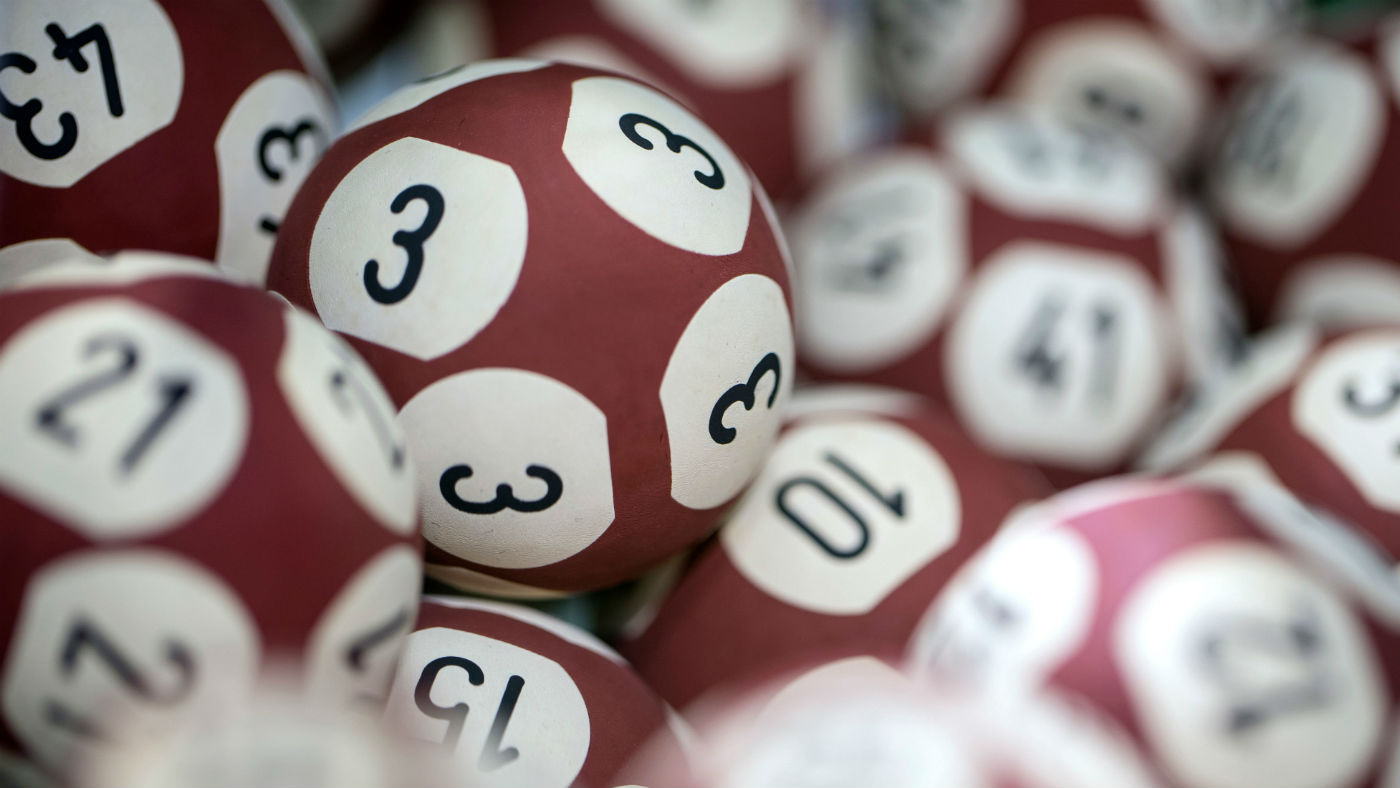
A free daily email with the biggest news stories of the day – and the best features from TheWeek.com
You are now subscribed
Your newsletter sign-up was successful
One lucky lottery winner in South Carolina has banked nearly a billion dollars, the largest single jackpot in US history.
After matching six correct numbers, the winner can decide to take a cash payout of $913m after tax, or receive $1.6bn in installments over 29 years.
Lottery officials said the winning jackpot was just shy of the all-time world record.
The Week
Escape your echo chamber. Get the facts behind the news, plus analysis from multiple perspectives.

Sign up for The Week's Free Newsletters
From our morning news briefing to a weekly Good News Newsletter, get the best of The Week delivered directly to your inbox.
From our morning news briefing to a weekly Good News Newsletter, get the best of The Week delivered directly to your inbox.
With the prize rolling over since mid-July, lottery fever has gripped the country: corner shops have been reporting huge queues and people handing over hundreds and even thousands of dollars for tickets at a time.
But as well as all the talk of how to spend such a large amount of money, the record-breaking jackpot has raised the question of who is playing, and why they continue to part with their cash against such astronomical odds.
“Although some lottery profits go to good causes, the game is often criticised for being a tax on the poor,” reports The Guardian.
Over the years, studies have suggested that lottery tickets are bought in poorer neighborhoods. A 1999 study found that, across the US, people who make less than $10,000 spent an average of $600 on lottery tickets a year, about 6% of their annual income.
A free daily email with the biggest news stories of the day – and the best features from TheWeek.com
According to the Guardian, African Americans also spend five times as much on tickets than white people.
A 1994 study from Indiana University found that, from 1983 to 1991, lottery sales tended to rise with unemployment, with instant tickets more likely to be purchased by a person who was out of work than someone who was employed or retired, reports Business Insider.
Studies repeatedly show education is another factor.
Perhaps most telling, one in five Americans have previously said the lottery is the only way they can accumulate a significant amount of savings, with 15% of American millennials describing the lottery as their retirement plan.
“This might indicate that people are bad at math, but it's also a sign of desperation,” says Alvin Chang for Vox.
During the recession, more than half the states in the US saw growth in lottery sales.
These figures were mirrored in the UK, with takings increasing around 8% in the five years after the financial crisis in 2008, even as austerity kicked in and people had less to spend.
UK lottery operator Camelot was later accused of imposing its own “tax on the poor” after it doubled the price of a Lotto ticket to £2 in 2013.
Many players took to social media to claim the increase would price them out of the game and the Daily Mail reported that “the burden of increased prices will fall on millions of poor and middle-income families who see their weekly flutter as a rare treat”.
A report on the National Lottery by the Theos think tank in 2009 found people on benefits were more likely to play scratch cards than anyone else. Manual workers spent an average of £70.60 per year on cards, whereas professionals only spent £40.64. When it came to the main draw, the poorest people were the most committed to playing, and spent a far greater proportion of their income on the Lottery, with people on between £15,000 and £20,000 a year coughing up almost a week's earnings.
In summation, Theos said: “The old argument that the National Lottery is a ‘tax’ on the poor for the benefit of the middle classes may have some justification”.
The report said an analysis of where Lottery money is spent on good causes found “insufficient funding” was being invested back into Britain's deprived communities in spite of high rates of play amongst less affluent players.
The UK National Lottery says 95% of its total revenue goes back to winners and society, raising £38bn for good causes since 1995, with the equivalent of around 190 lottery grants in every UK postcode district. It also pays hundreds of millions in lottery duty to the government each year and has made 5,000 people millionaires.
Some of the causes, it says, include “projects that help homeless people find housing and work, provide therapy for disabled children, work to stop our old people feeling lonely and ignored, promote healthy eating, build village shops and community centres in rural locations, and allow thousands of war veterans to return to countries where they served so that they can honour their fallen comrades”.
-
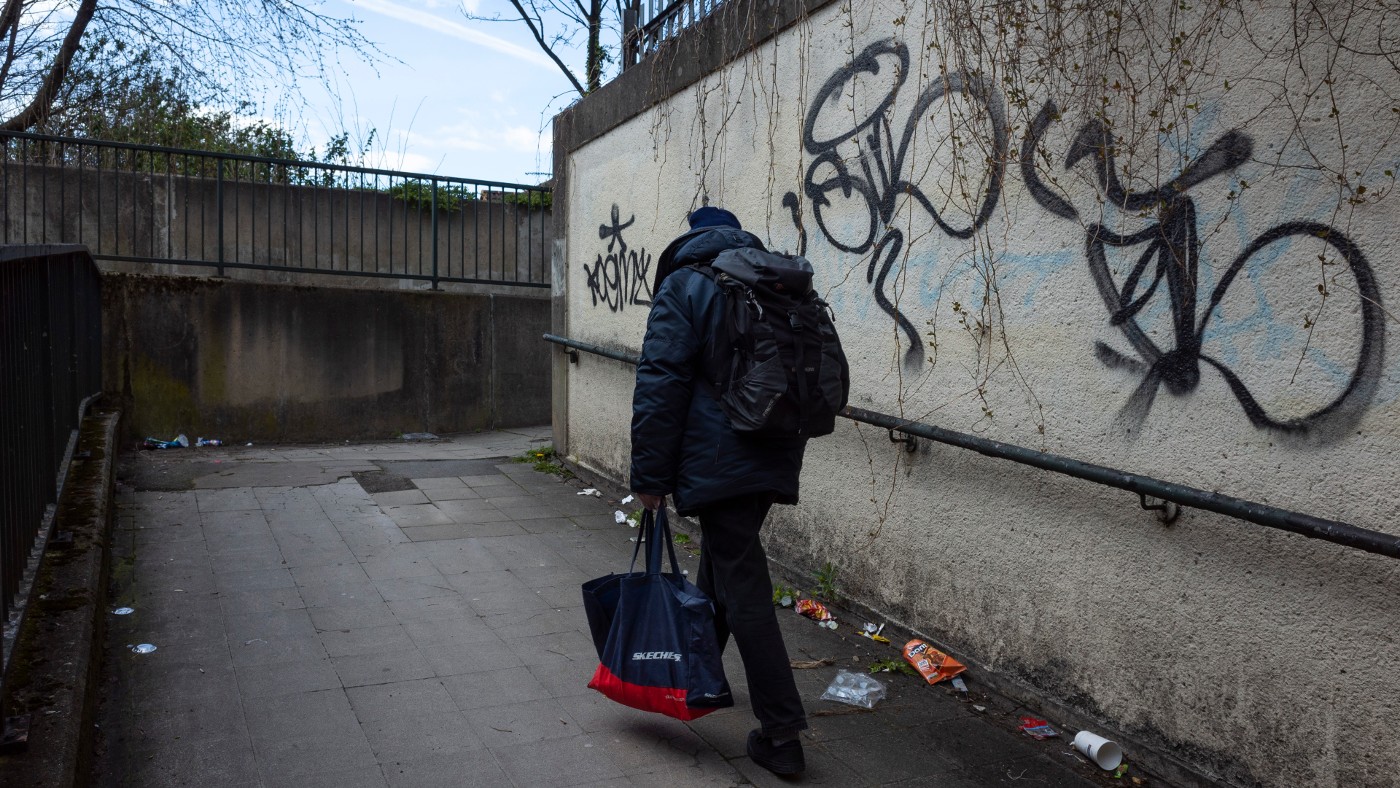 Cost-of-living crisis: is the UK over the worst of it?
Cost-of-living crisis: is the UK over the worst of it?Today's Big Question Inflation data showing sharp falls in price rises will bring ‘sighs of relief in government’, but food prices may not ever come back down
-
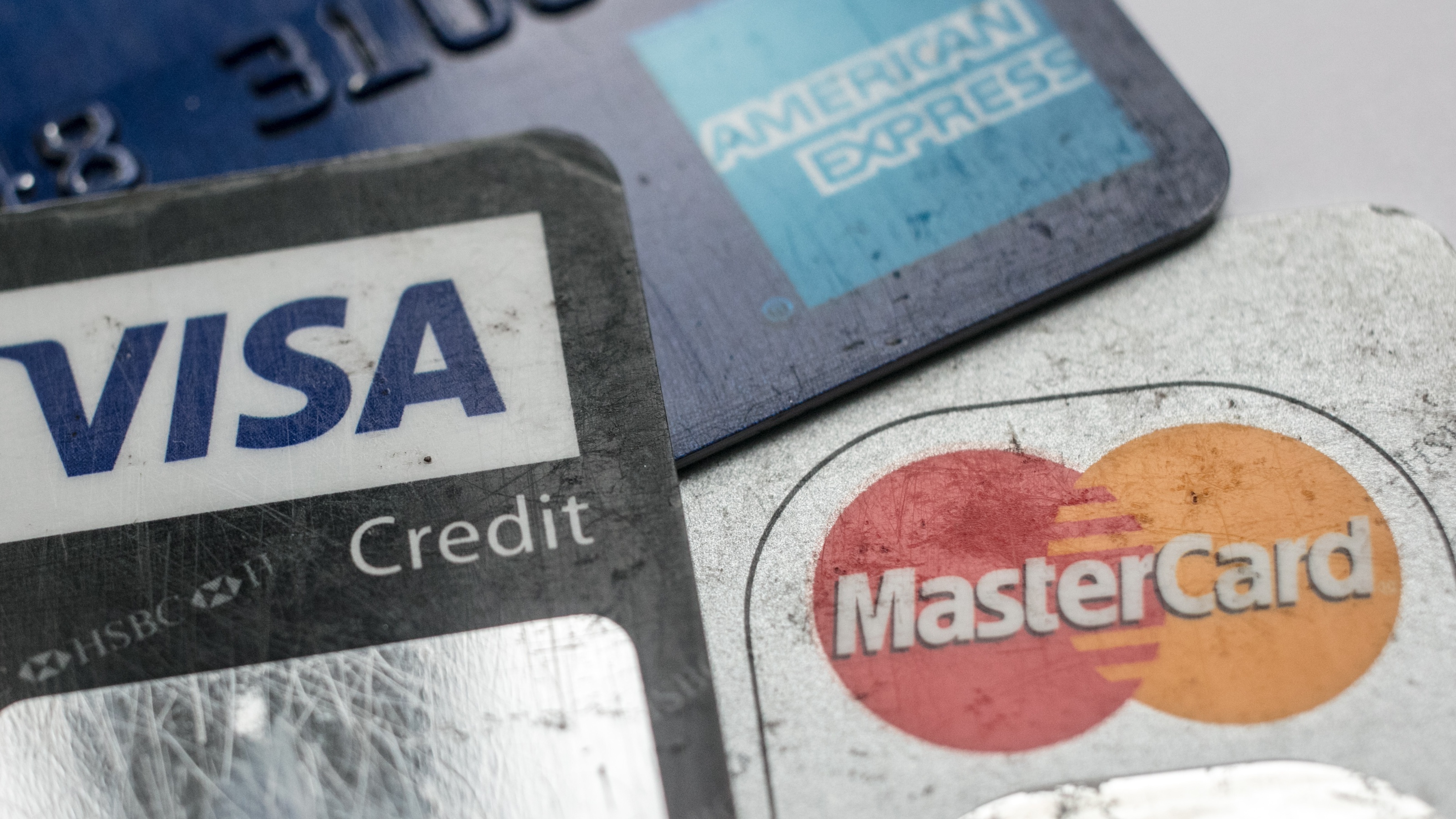 Brits keeping 21 million ‘money secrets’ from friends and family, survey reveals
Brits keeping 21 million ‘money secrets’ from friends and family, survey revealsSpeed Read Four in ten people admit staying quiet or telling fibs about debts or savings
-
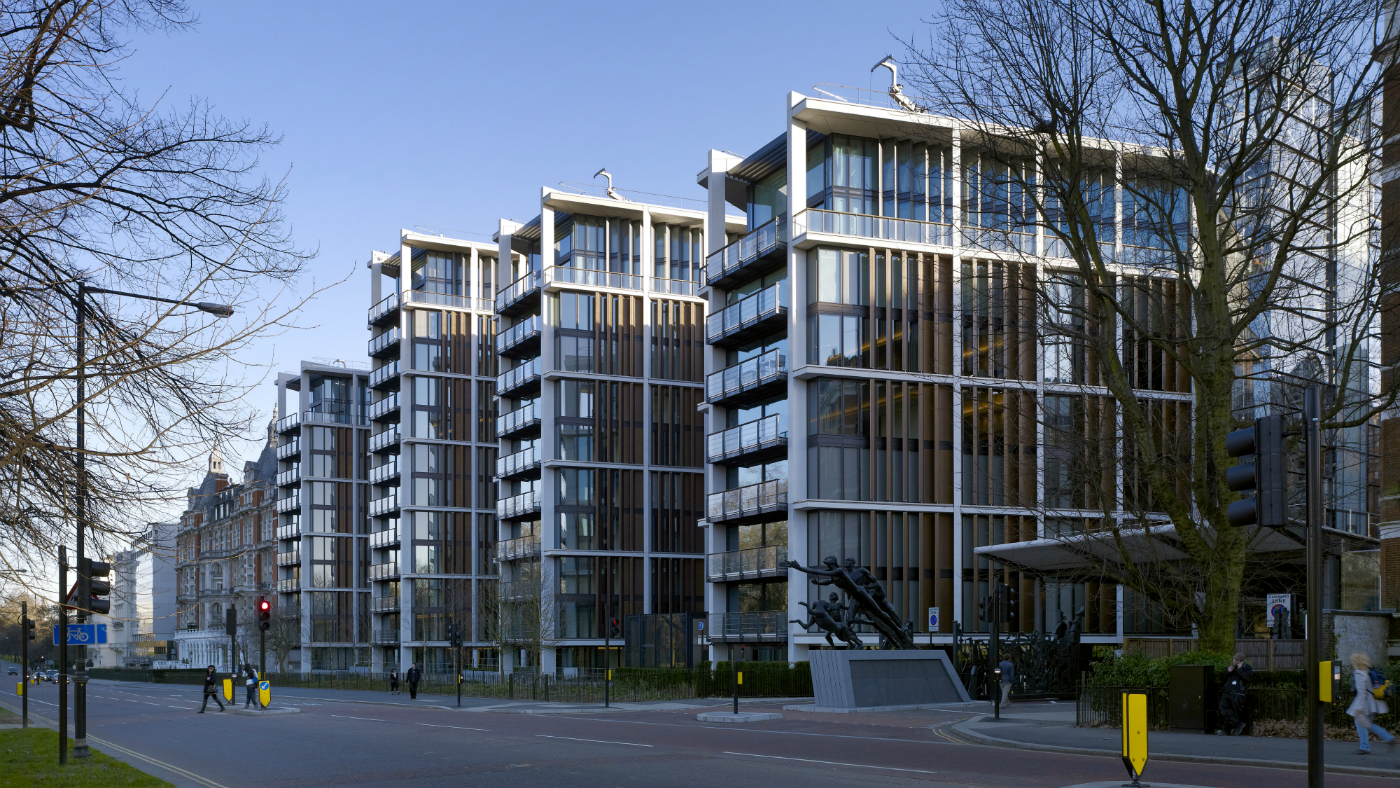 London renters swap cramped flats for space in suburbia
London renters swap cramped flats for space in suburbiaSpeed Read New figures show tenants are leaving Britain's cities and looking to upsize
-
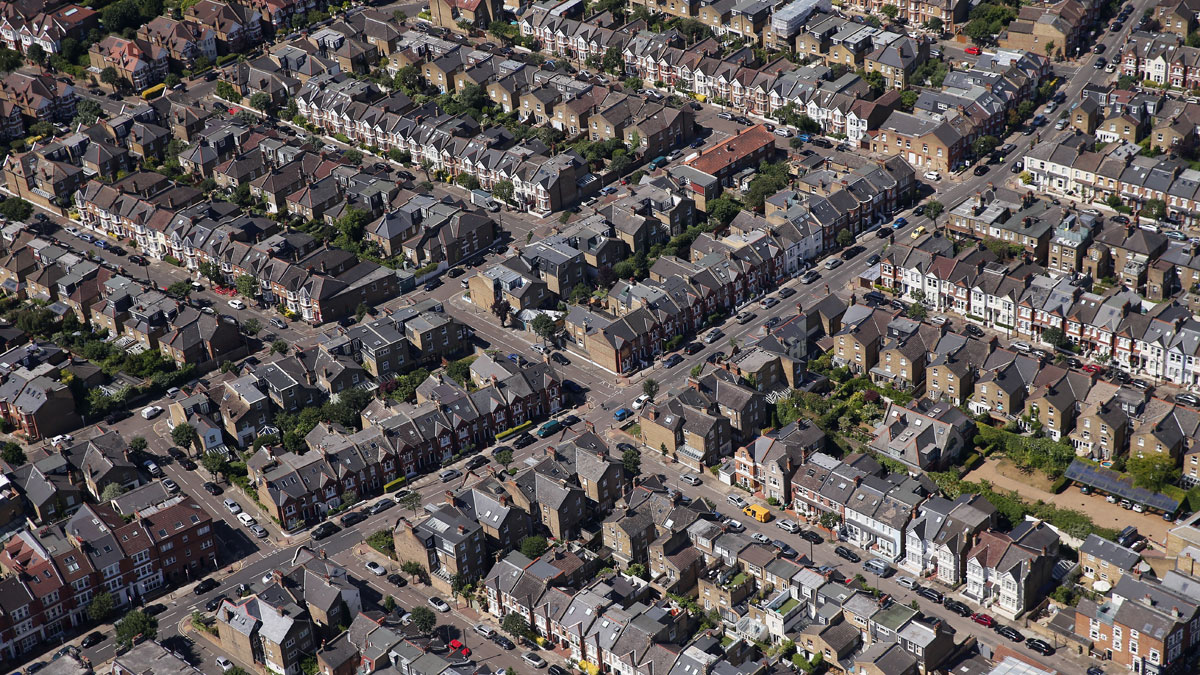 Should the mortgage holiday scheme have been extended?
Should the mortgage holiday scheme have been extended?Speed Read Banks warn that some homeowners may struggle to repay additional debt
-
 RBS offers coronavirus mortgage holidays
RBS offers coronavirus mortgage holidaysSpeed Read Taxpayer-owned bank follows measures taken in virus-struck Italy
-
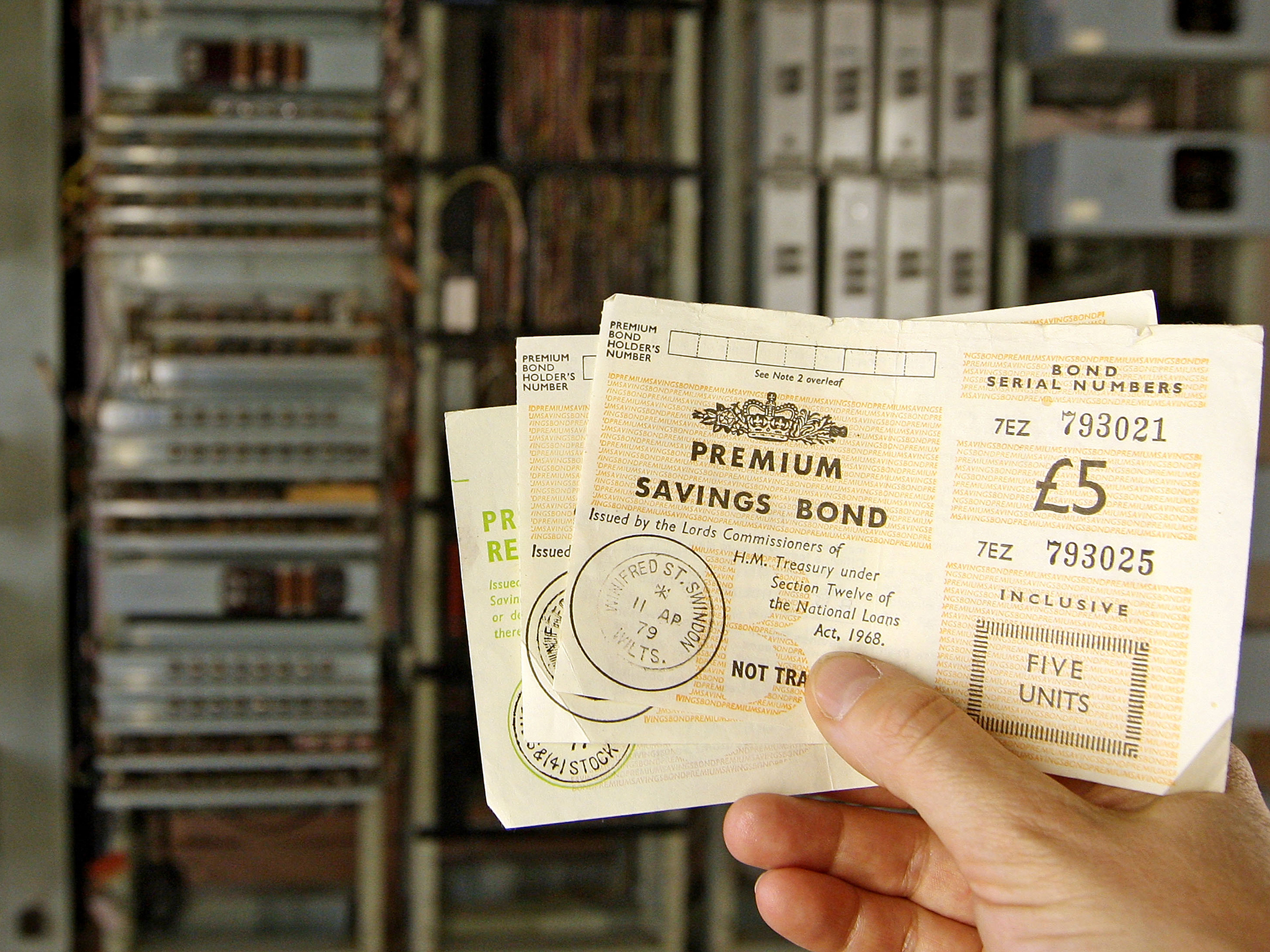 What are the changes to National Savings payouts?
What are the changes to National Savings payouts?Speed Read National Savings & Investments cuts dividends and prizes for bonds
-
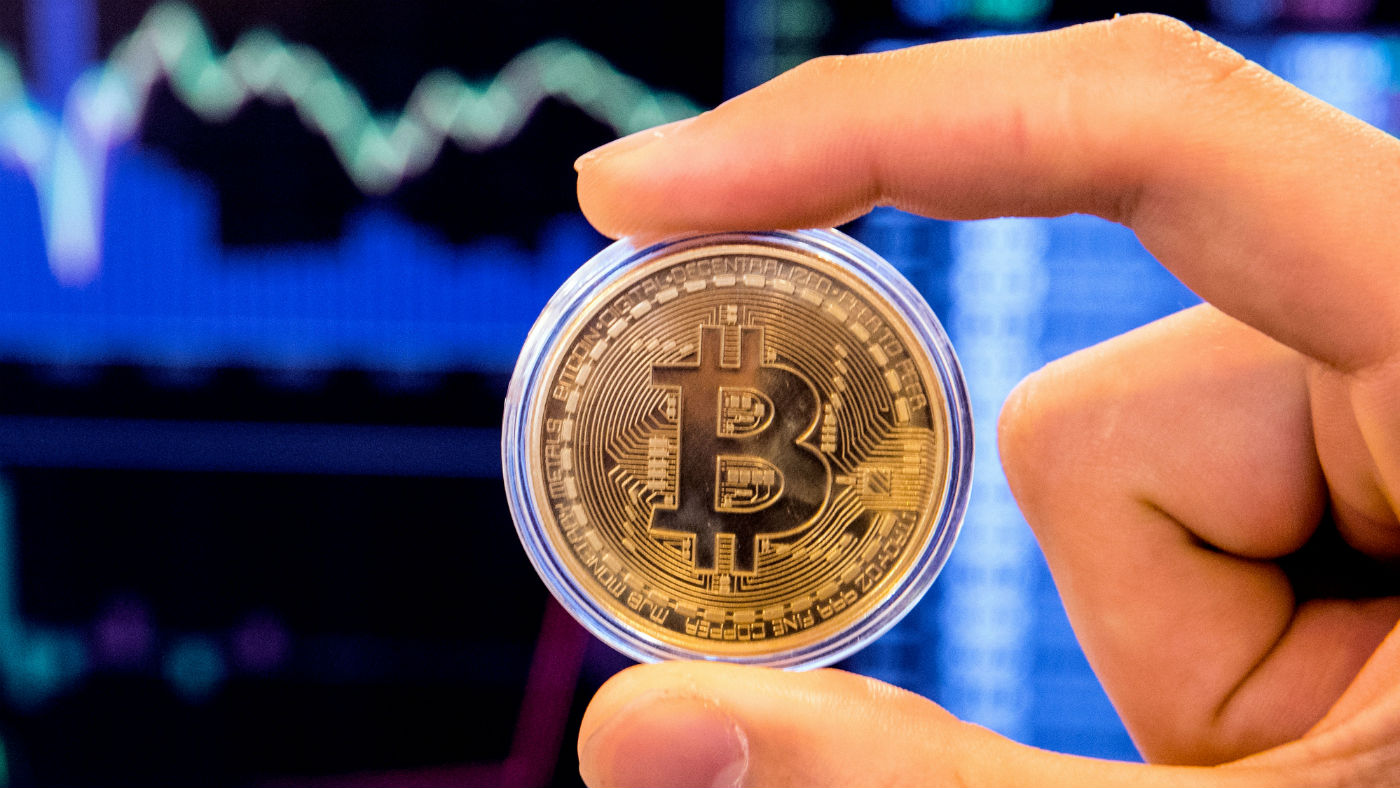 China clears path to new digital currency
China clears path to new digital currencySpeed Read Unlike other cryptocurrencies, Beijing’s would increase central control of the financial system
-
 Why are donations surging to the RNLI?
Why are donations surging to the RNLI?Speed Read Charity enjoys flood of funding after criticism for overseas work


